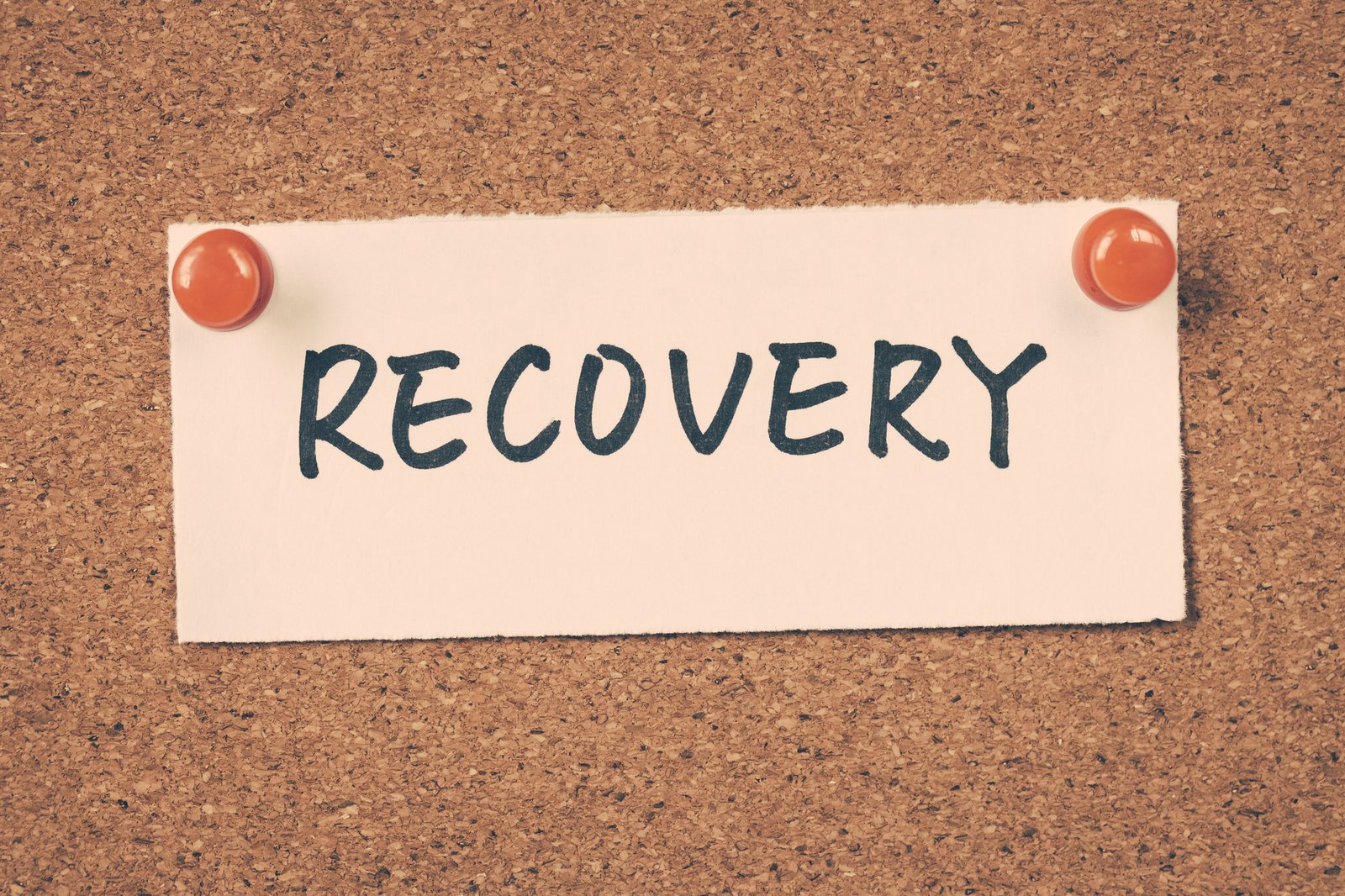Did you know that 20% of Americans who currently have an anxiety or mood disorder have a substance use disorder?
Whether it be drugs or alcohol, this is a health problem that needs proper treatment. Like any other disease, addiction has its stages before recovery occurs.
So to help you stay informed, we’re going to discuss the different stages of addiction recovery.
Contents
Recognizing the Need for Change
Many people who find themselves struggling with addiction deny any accountability. They ignore the responsibility for their current state and any associated negative consequences. To move forward, the person must take an honest look at their life, face the reality of their addiction and commit to change.
Recognizing the need for change is the cornerstone of addiction recovery. Without recognizing and acknowledging the need to make changes in life, no meaningful recovery can take place.
The individual must accept that there are various components to their addiction. This includes physical, psychological, and social, issues that they must address.
Seeking Professional Help
Seeking professional help is a vital step in addiction recovery. Seeking help can greatly aid in the development of new lifestyle habits to prevent and manage substance cravings and relapse.
Professional help comes in many forms. This includes support groups, therapy, and counseling sessions which can occur at home or a local drug rehab center.
These interactional resources aid in developing effective coping strategies and skills. They help reframe thoughts and behaviors related to addiction treatment.
Developing Support Networks
Developing a strong and positive support network is the next stage of recovery. This includes family and friends. But it should also include individuals who relate to and understand the challenges of addiction.
Developing a support network can encourage a sense of acceptance and collaboration. This is while finding new and healthier premises to cope with stress and pressures.
These networks can also help educate individuals on the importance of health and wellness. They will provide emotional and financial assistance. Or they will direct individuals to recovery activities that may inspire and motivate them.
Staying Sober
Staying sober is the last stage of recovery and is a stage that requires hard work and determination from an individual. They must prepare themselves to recognize their triggers and avoid them. And they’ll have to constantly use positive coping strategies.
Making lifestyle changes such as eating healthy and exercising also goes a long way. Doing these things helps to maintain sobriety. Long-term success depends on developing and implementing a recovery plan that works for the individual.
Sobriety requires dedication and dedication to recovery is the key to staying sober.
Addiction Recovery Is a Lifelong Process
Addiction recovery is an ongoing process that requires time, dedication, and support. Each journey of staying sober is unique, but having a strong support system can help make lasting and positive changes.
If you or someone you know is struggling with addiction, don’t hesitate to reach out for help. There are a variety of resources and services available out there.
Did you find this article helpful? Then check out the rest of our site for more content like this now.



